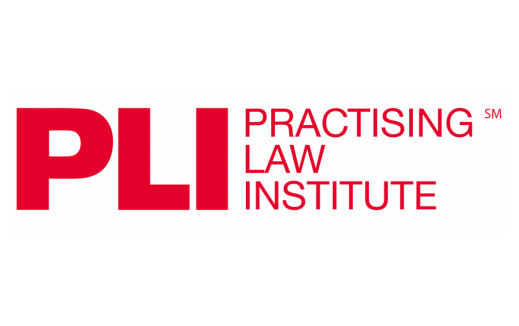
Melvin Garner to Speak for PLI on Licensing
January 6, 2023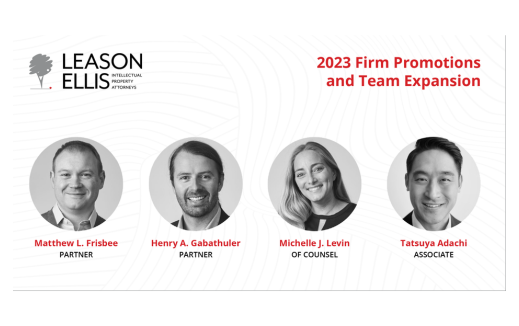
Promotions and Team Expansion Mark the Start of a New Year at Leason Ellis
January 9, 2023Leason Ellis Participates in NYIPLA Amicus Brief Filed with SCOTUS
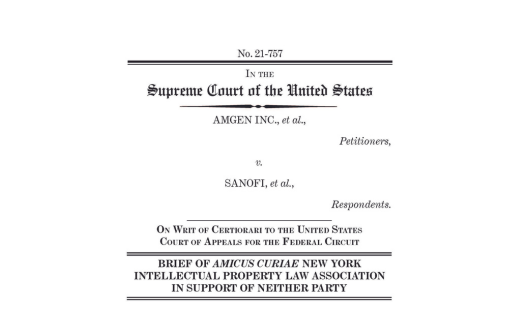
Leason Ellis is pleased to have supported The New York Intellectual Property Law Association in drafting an amicus brief in support of neither party in the Amgen v Sanofi case before the U.S. Supreme Court. The issue concerns whether enablement of a patent, 35 U.S.C. § 112, requires not only that the specification teach those skilled in the art to “make and use” the claimed invention, but also enable those skilled in the art “to reach the full scope of claimed embodiments” without undue experimentation—i.e., to cumulatively identify and make all or nearly all embodiments of the invention without substantial “time and effort.”
The NYIPLA took a different approach in this friend of the court brief. Rather than criticizing the Court of Appeals for the Federal Circuit for its attempts to address a problem in determining enablement in the unpredictable biological arts, with its sometimes harsh result of invalidating patent claims that were deemed too broadly written, NYIPLA proposed a new solution for the Court to consider. The solution we helped craft has two aspects. First, during prosecution, the Patent Office examiner should determine enablement according to the statutory language of Section 112 and require an applicant to disclose a reasonable number of species sufficient to give confidence that the genus is supported. Second, during litigation, the court or jury should determine infringement using a claim construction that limits the scope of the patent to only those species that could have been obtained without undue experimentation using the specification and the state of the art at the time the application was filed. In this way, innovators are encouraged to file patents with genus claims, putting the new technology into public knowledge, with an ensuing patent preserved for those species that are enabled, but not extended to cover species that are not enabled. Rather, such non-enabled species could be the subject of further patents limited to that species. Leason Ellis fully supports this novel approach as a win-win for IP stakeholders.
Partners Melvin Garner, who acted as counsel of record, and Robert Isackson participated in the briefing.
